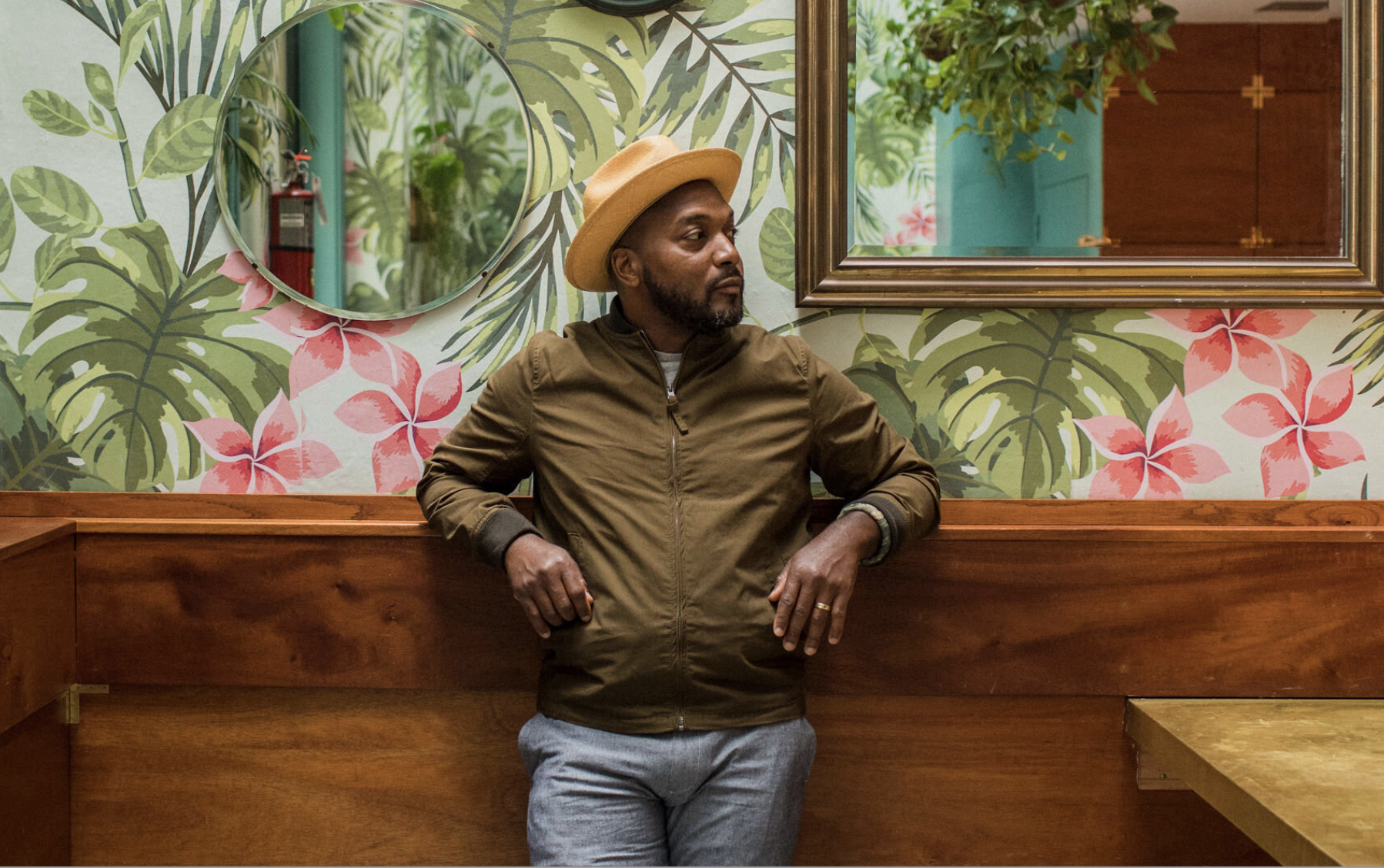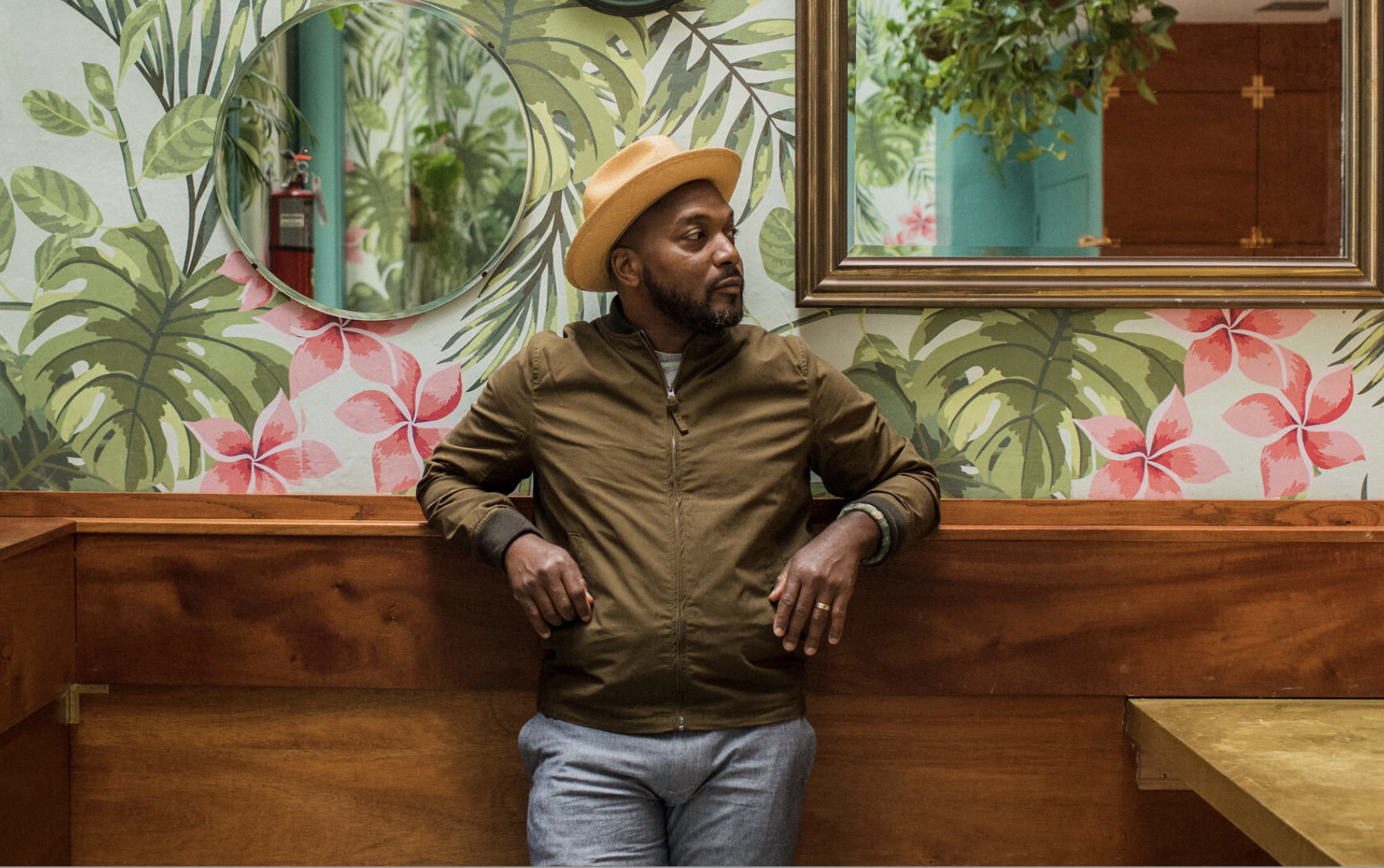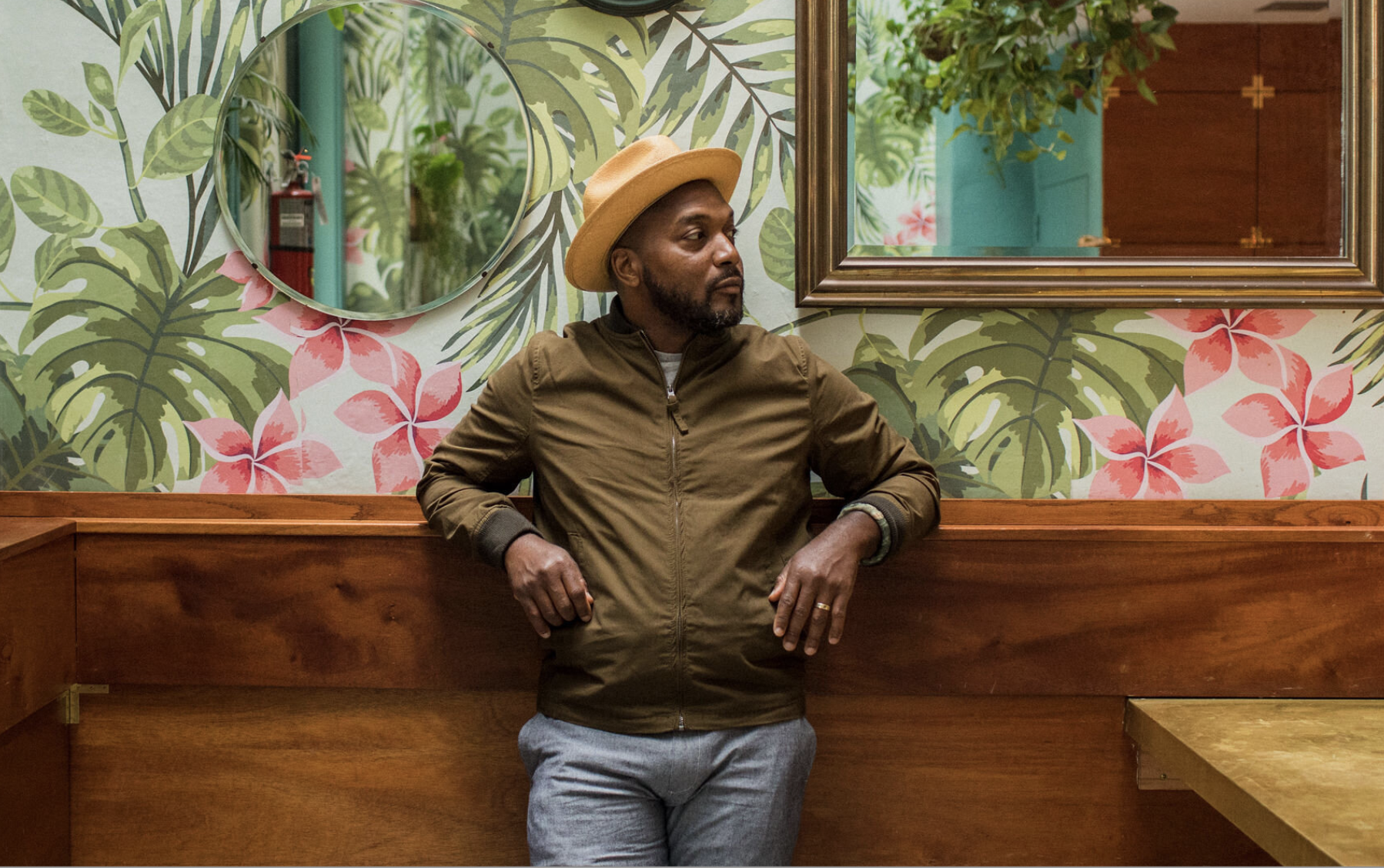Amitha Kalaichandran, M.D.

Bryant Terry c/o Bryant Terry 
Bryant Terry
Bryant Terry is a James Beard Award-Winning chef, educator, and author renowned for his activism to create a healthy, just, and sustainable food system. Since 2015 he has been the Chef-in-Residence at the Museum of the African Diaspora (MoAD) in San Francisco where he creates public programming. Alice Waters has remarked, “Bryant Terry knows that good food should be an everyday right and not a privilege.” San Francisco Magazine included Bryant among 11 Smartest People in the Bay Area Food Scene, and Fast Company named him as one of 9 People Who Are Changing the Future of Food. Bryant’s fifth book, Vegetable Kingdom, will be published on February 2020. His last book, Afro-Vegan, was published in 2014 and was named one of the best cookbooks of 2014 by amazon.com and was nominated for an NAACP Award in the Outstanding Literary Work category. Bryant is also the author of the critically acclaimed Vegan Soul Kitchen: Fresh, Healthy, and Creative African-American Cuisine, which was named one of the best vegetarian/vegan cookbooks of the last 25 years by Cooking Light Magazine. www.bryant-terry.com
1. You had an interesting journey before being a food activist What prompted you to begin your work as a food activist?
Years ago, in high school, I first heard the rap song “Beef” by the hip hop group Boogie Down Productions. The lyrics discussed the impact of eating meat on human health, the environment, and animals. That was the first time I realized that I held all of these assumptions about how animals are treated in our food system, and I began eating less meat. I learned a lot about the many reasons to maintain a plant-based diet from lots of older Black vegetarians and vegans. While I was doing doctoral work at NYU in American history I learned about the “Survival Programs” created by the Black Panther Party in the 1960s that addressed the intersection of poverty, malnutrition, and institutional racism—mainly their grocery giveaways and Free breakfast for Children Programs. I realized that historically marginalized communities were still dealing with many of the same problems in regard to food access, so in 2001 I founded a non-profit called b-healthy to raise awareness among young people about the politics of food and give them the tools to improve access to nutritious foods in their communities.
2. How does that inform how you approach healthcare?
I think health ‘care’ system is a misnomer since it often doesn’t refer to caring for people’s health. Mostly we see this medical system responding to illness. I’d like to see a system that is putting more resources into giving patients tools to prevent chronic illnesses and truly “care” for themselves and their families.
3.You had an experience with being challenged with your well-being not that long ago? Can you share more about that?
While working on my last book a few years ago I had lots of time and space to disappear in the writing and recipe testing, which was really exciting. At that time I didn’t have kids and was newly married, and it was all about the hustle. Raising my children and working on my forthcoming book was hard because writing and testing was limited to weekends, holidays, and times when my kids were out of the house. So the struggle of balancing it all felt overwhelming. Things I used to rely on to stay balanced, like my meditation practice, fell away. So now that the book is done I’m preparing to spend the better part of 2020 touring by spending lots of time working on self-care.
4.What does thriving mean to you?
It means different things at different points in life. As a husband with two daughters now, thriving means taking care of my family, preparing my children for the future, and creating space for them to have an enjoyable childhood.
5.What are you most looking forward to in 2020?
I’m very excited about further inspiring people to work towards a more healthy, just, and sustainable food system.


